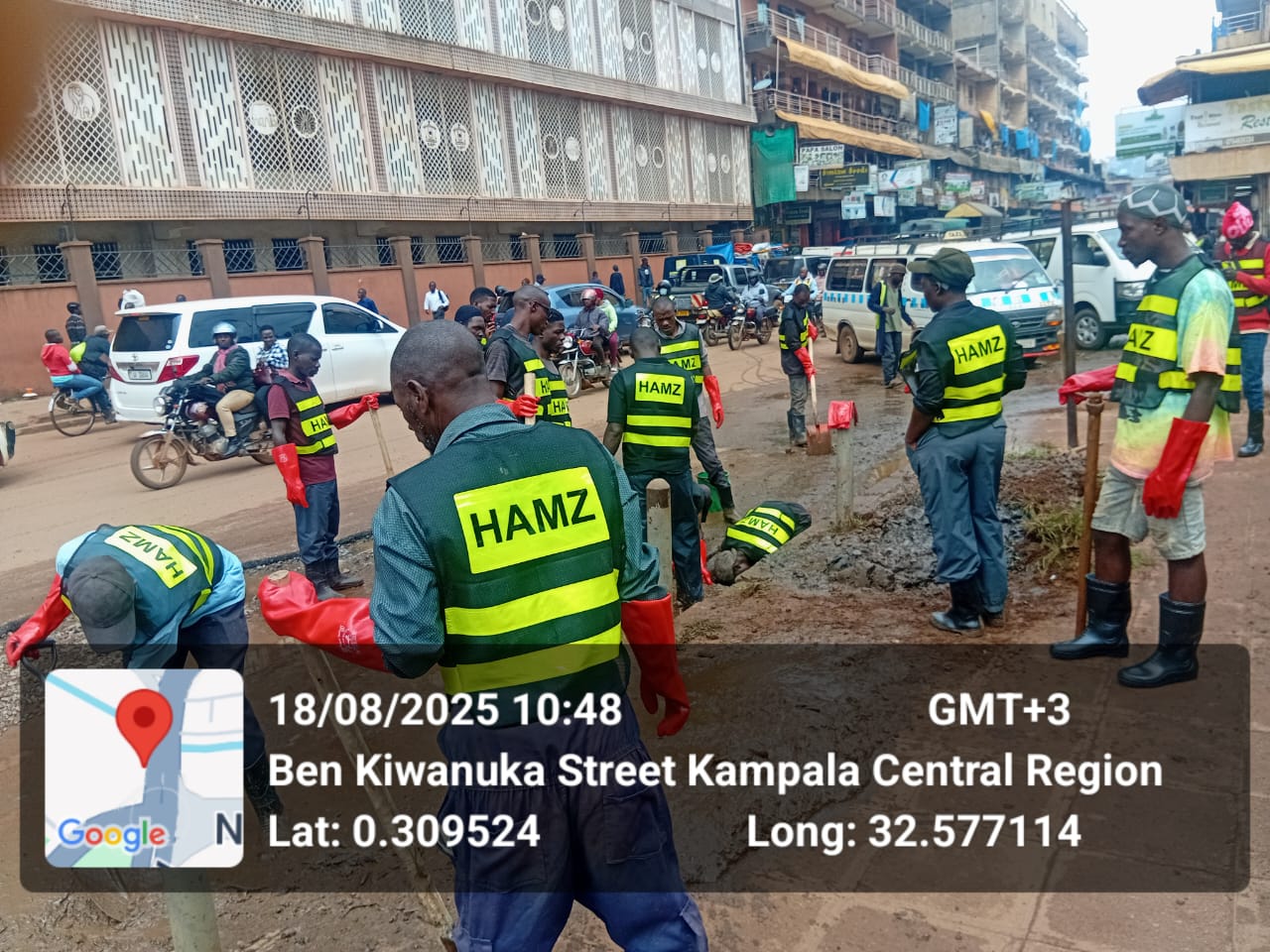URA Cracks Down On Fraudulent Customs Exemptions In Multi-Billion Shilling Scam
The Uganda Revenue Authority (URA) has intensified its campaign against tax fraud, targeting a network of individuals and entities exploiting loopholes in the customs exemption system through forgery and deception. At the heart of the investigation is a sophisticated scheme in which unscrupulous taxpayers have been submitting falsified documents to claim duty-free importation rights meant for genuine donor-funded development projects. Instead, URA says, these claims are tied to government-funded initiatives with no donor involvement—raising red flags about integrity, accountability, and the loss of critical tax revenue.
According to URA’s Tax Investigations Department, suspects have been forging subcontract agreements, altering correspondence, and misrepresenting project financing to secure exemptions on items such as construction materials, machinery, and vehicles. “These exemptions are designed to support real development—not to enrich fraudsters through deception and forgery,” noted a senior investigator familiar with the ongoing probes. Several cases under review involve infrastructure projects—especially in road and bridge construction—where the exemption requests falsely suggested that funding originated from international partners such as the World Bank or the African Development Bank. Verification, however, revealed that the projects were fully financed by the Government of Uganda.
Investigators have recovered doctored documents, including forged letters of subcontract and altered funding agreements, all designed to deceive customs officials. These tactics are not only fraudulent but also pose a risk to national development goals, since revenue lost through such schemes could have otherwise funded essential public services. “This isn’t just a revenue issue—it’s a matter of public trust and national interest,” another URA official emphasized.
Under Section 203 of the East African Community Customs Management Act, 2004, fraudulent customs declarations constitute a criminal offense. Those found guilty face prosecution, fines, seizure of goods, and the permanent revocation of any exemptions obtained under false pretenses. URA has already moved to seize goods imported through forged documentation and is pursuing legal action against the individuals and entities involved. Administrative reviews have also been launched against flagged importers as part of broader efforts to sanitize the exemption process.
Beyond enforcement, URA is actively collaborating with government ministries, project implementers, and development partners to ensure that only genuine projects qualify for customs exemptions. As part of this push, the Post-Clearance Audit and Tax Education departments have been tasked with strengthening oversight, promoting transparency, and educating stakeholders about the lawful procedures for obtaining exemptions. “These privileges are extended in good faith. Abuse of that trust not only undermines the system but also erodes the credibility of future projects,” said a URA official from the audit unit.
Among the measures proposed to prevent recurrence are enhanced inter-agency verification protocols, mandatory cross-checking of funding sources, and targeted awareness campaigns for contractors and suppliers involved in public infrastructure projects. URA is also encouraging public participation by urging whistleblowers to come forward through protected and confidential reporting platforms. Officials say community vigilance is crucial to complement institutional oversight, noting that many recent breakthroughs came from tips shared by concerned insiders.
With fraud detection mechanisms being scaled up and cooperation deepening across government and donor networks, URA believes the days of fraudulent customs exemptions are numbered. The authority insists it remains firmly committed to supporting compliant taxpayers while confronting and prosecuting those who seek to manipulate the system. As the country seeks to mobilize domestic resources to drive development, the message from URA is unequivocal: integrity will be rewarded—but dishonesty has no place in Uganda’s tax regime.











